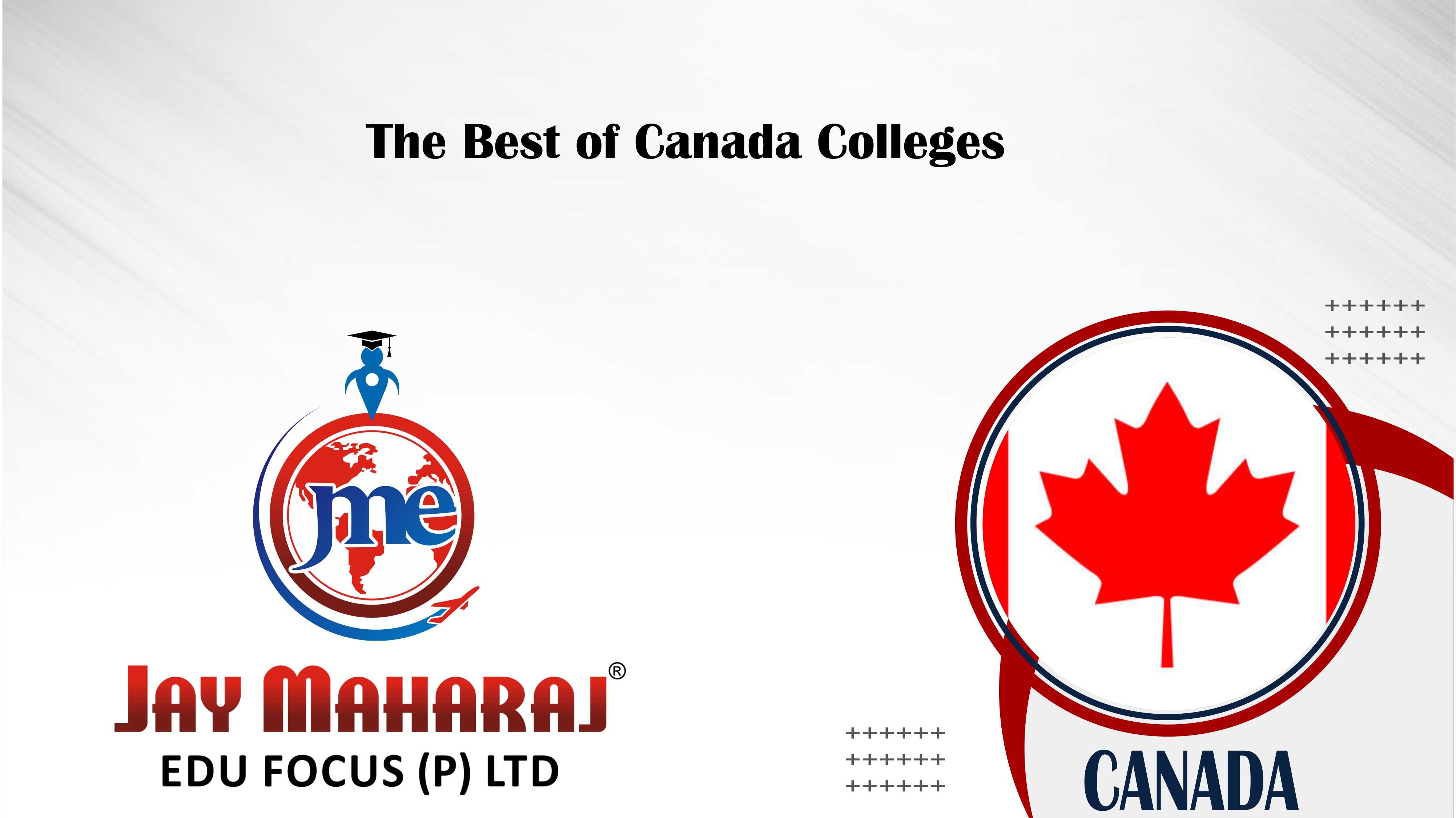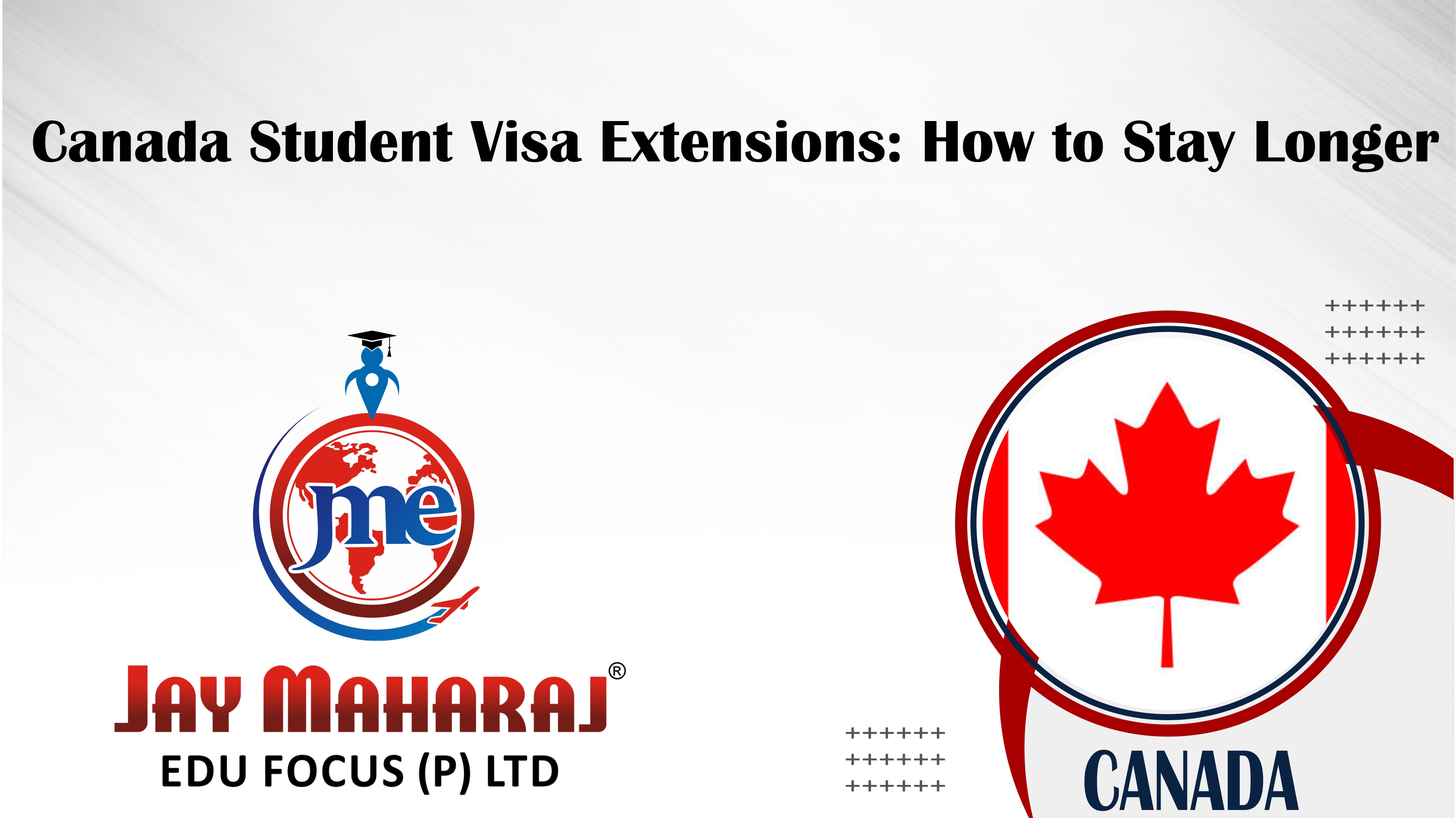Imported things you need to know before studying in Canada
Imported Things You Need to Know Before Studying in Canada
Study in Canada can be an extraordinary opportunity and an interesting one. Even though Canada is one of the most famous nations for advanced education, there are numerous things that worldwide students are not mindful of before coming there. There are numerous things that you ought to find out about student life in Canada before submitting long stretches of your life in Canada.
Prior learning on the foreign nation you will be concentrating on not just encourages you to comprehend the way of life and individuals, yet besides causes you to conform to the new condition. Canada gives chances to experience distinctive social and characteristic encounters. For an International students, moving to another nation to study can be very challenging. So, here is everything you need to know before studying in Canada.
1. Plan to Live in Canada
Canada is a multicultural country, the way of life, individuals, transportation, nourishment, and climate will all be unfamiliar to you and you may get yourself confused in social settings. Be that as it may, recollect that you are not the only one. There will be other students simply like you. This is your opportunity to make the most out of your education abroad experience.
2. Canada Has Two Official Languages
English and French are both official languages in Canada. Although the majority of French speakers in Canada reside in the province of Quebec don’t be surprised if you hear the language throughout the country. If you are planning on studying in Quebec you will likely be required to learn French in addition to English language skills.
3. The Weather
If you're planning on studying in Canada, you must prepare yourself for the colder months that you will encounter. In addition to buying a good winter jacket, you will also need a hat, scarf and gloves. Waterproof winter boots are also a good idea, in case you decide to travel to a city that experiences more snow.
4. Scholarships for International Students
Several scholarships are available for foreign students. Some of these scholarships include:
Lester B. Pearson International Scholarships
The Lester B. Pearson International Scholarship Program at the University of Toronto is intended to recognize international students who demonstrate exceptional academic achievement and creativity and who are recognized as leaders within their school.
The scholarship will cover tuition, books, incidental fees, and full residence support for four years.
Humber College International Entrance Scholarships
Humber offers renewable full and partial tuition scholarships to NEW international students beginning classes in September and January of each year.
York University International Student Scholarship Program
International students who have an excellent academic record and admitted to York University are eligible for scholarships worth $60,000 – $100,000 for a four-year degree program.
University of British Columbia Scholarships for International Students
UBC recognizes the academic achievement of outstanding students from around the world by devoting more than CAD 10 million annually to awards, scholarships, and other forms of financial assistance for international undergraduate students.
5. How to Choose Your University
There are many Universities, colleges, and institutions to pick from in Canada. Most colleges and universities in Canada are publically funded and accredited which means that you will receive the highest source of education to help you obtain a job after studying.
6. Get a Canada Student Visa
An education license is not required on the off chance that you need to take transient courses or projects of education of a half year or less. You may join up with momentary projects at any learning foundation, paying little respect to whether it is assigned. To study in Canada for longer than a half year, you will have to increase a Canadian report license. This will be your visa for the length of your stay. Contingent upon your nationality, you may likewise need to get an impermanent living arrangement license which can be prepared simultaneously as your study scholarship application.
Regardless of whether you need a license, everybody must give:
- Acknowledgment from a college or instructive foundation in Canada
- Capacity to pay education costs, everyday costs, and return admissions to their nation of origin
- Fulfill wellbeing prerequisites
It is regularly additionally important to show that you have satisfactory studying abroad travel protection which you should purchase before you travel.
7. Working and Studying
International students can work up to 20 hours per week during their studies and 40 hours per week during vacation. They can earn approximately C$ 8 - C$ 10 per hour. Students can work full time off campus during co-op terms and can earn approximately C$ 10 - C$ 15 per hour, amounting to C$ 400 to C$ 1,000 per month.
8. Opening a Bank Account:-
Opening a bank account in your host country will help you pay your bills and will also keep your money safe. You won't have to worry about withdrawal fees or exchange rates. When selecting your bank, check with the other students on the banks they use, and which ones provide the most benefits.
9. Cut Costs Where Conceivable
Before you leave for your education abroad in Canada, it is significant that you keep up sufficient assets. Continuously, make sure to keep some additional aside. Cut costs where conceivable. Do not burn through cash on things you do not need to bother with. Before you travel abroad, connect with the global relations office and request a full rundown of charges. This will give you a reasonable thought of the amount you will spend. It is likewise significant that you monitor the trade rates. You can do as such with the assistance of a few applications and sites, in this way guaranteeing you get the most incentive out of the dollar.
10. Acknowledgment Rate is High for Canada
It is indeed entirely simple to get an acknowledgment of Canadian Universities. Canada has a colossal scope of courses and a large number of them have simple passage necessities. A considerable lot of the necessities for Canadian courses is only a secondary school recognition. However, most medication and law projects require earlier undergraduate study in Canada, great English aptitudes, and all the more extra-curricular characteristics for a balanced student.
11. Sports
Although Canada is well known for ice hockey, the country’s official sport is lacrosse. We were also surprised to learn that basketball was invented in Canada.
Most outdoor sports have indoor facilities, so you cannot use bad weather as an excuse not to play sport. If you are feeling adventurous, you can try skiing, skating and tobogganing, just make sure to bundle up well.
12. Education Structure
In Canada, advanced education is the duty of commonplace and regional governments, not at all like other nations that make instruction a brought together undertaking with a Ministry of Education body. In every area and region, there are laws, approaches, and systems that oversee the activity of post-optional establishments.
Postgraduate degrees last somewhere in the range of one and three years to finish. Master’s degree, for the most part, goes on for one year while Ph.D. goes on for a long time to five years. Various sorts of advanced education suppliers in Canada include: junior colleges; specialized, applied art, or applied science schools (which award declarations, confirmations, bachelor’s degrees, and four-year certifications); or colleges (which do explore and give both undergraduate and postgraduate degrees).
13. Emergency Contact List
There is a chance that your smartphone might not work due to some problems. You might not be able to access your contacts. Make a paper copy of the important contact list and keep it with the other important documents.
14. Winter Clothes
You’ve likely heard that Canada gets really cold in the winters and, well, it’s the truth! In Toronto, which is actually one of Canada’s warmer cities in the winter, the average temperature in January is about -5.5°C (22 °F) and it’s not uncommon to see the temperature drop to -20°C or more. A winter coat, boots, hats, and gloves are a must in order to stay warm.
If you live in southern British Columbia, you may be able to get away with not wearing winter clothes, as this region doesn’t get as cold as the rest of Canada. However, if you’re studying anywhere else, you’ll need to bundle up!










Comments